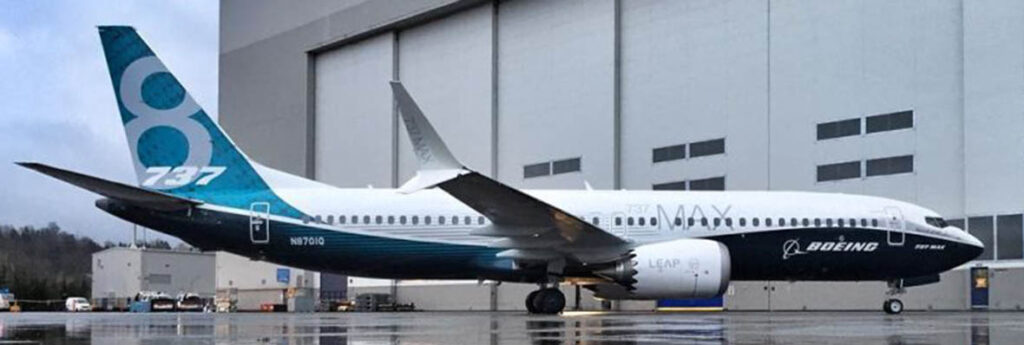After nearly two years and a pair of deadly crashes, the US Federal Aviation Administration has cleared Boeing’s 737 Max for flight. The nation’s air safety agency announced the move early Wednesday, saying it was done after a “comprehensive and methodical” 20-month review process. However, even as the US cleared it to fly, Canada says it is not yet ready to lift flight restrictions on Boeing’s 737 Max aircraft.
Minister of Transport Marc Garneau said Wednesday that Canada will impose different requirements than the US before it lifts the grounding orders for the plane, including additional procedures on the flight deck and pre-flight and differences in training for flight operators.
“Our government remains committed to keeping Canadians, the travelling public, and the transportation system safe and secure,” Garneau said in a statement, adding that he expects the validation process to conclude “very soon.”
Canadians with relatives killed in a crash of a Boeing 7-37 Max 8, agree with the government, saying the US is making a mistake by allowing the planes to fly again.
Garneau’s remarks followed a US announcement that the Boeing 737 Max will be permitted to fly again once Boeing makes changes to the software and computer systems on each plane and provides training to pilots in flight simulators.
The planes have been grounded since March 2019, following two deadly crashes in which 346 people were killed, including 18 Canadians.
Investigators found that the crashes were caused by faulty sensors that pushed the aircraft’s nose downward in flight.
Government agencies around the world, including Transport Canada, the European Union Aviation Safety Agency and the US Federal Aviation Administration have been conducting independent processes for deciding whether to recertify the plane to fly.
Garneau said in April 2019 that airlines hoping to fly the Max in Canadian airspace must first train their pilots using a flight simulator.
Morgan Bell, a spokeswoman for WestJet, said the company’s 13 Max aircraft will only return to service once it is certain they are safe.
“The work by Transport Canada and other independent regulators around the globe, in combination with our own preparation, processes and due diligence, gives us confidence in returning these aircraft to service once Transport Canada opens the skies to the Max,” Bell said.
Air Canada, which has 24 Max aircraft in its fleet, didn’t immediately respond to a request for comment. In March, the airline said it would cancel an order for 11 Max jets amid the grounding order and ongoing questions about the aircraft’s safety.
Sunwing Airlines, which has four Max aircraft in its fleet, also didn’t immediately comment.
John Gradek, a lecturer at McGill University and the head of its Global Aviation Leadership Program, said Canada likely wants to require training procedures that will prevent confusion by pilots in case a similar incident occurs.
“I think Canada got burned the first time around,” Gradek said. “I think Canada really wants to make sure that the Max does meet the Canadian specifications, that Canada really wants to exert its sovereignty on certification.”
He added that even after the aircraft is cleared to fly in Canada, Boeing will have work to do to regain the public’s confidence that the plane is safe.

